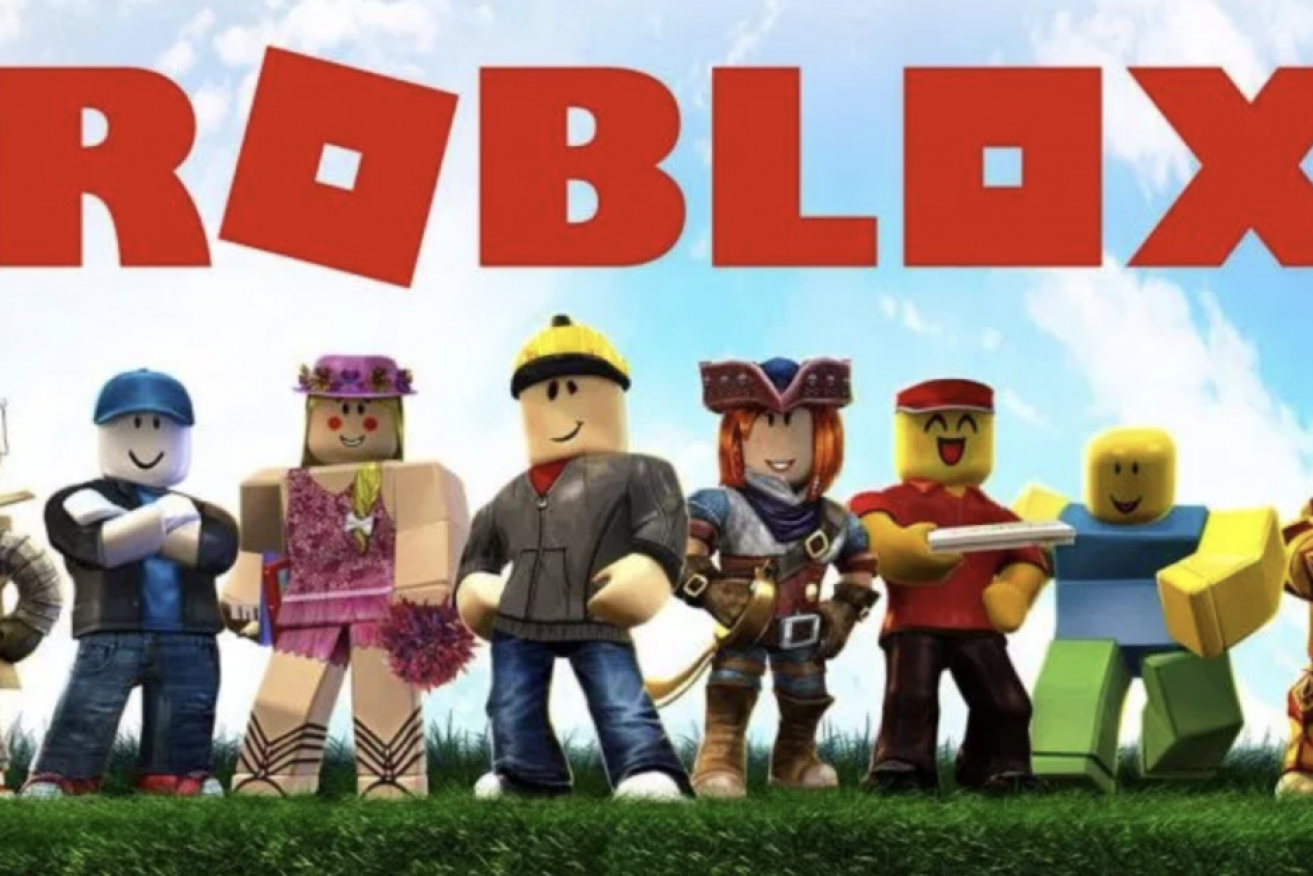‘Traumatised and violated’: Popular children’s video game hijacked by sexual predators


Online creeps have infiltrated popular children's game Roblox. Photo: Roblox
Shocking scenes of gang rapes and virtual “sex rooms” depicted in a popular children’s video game have ignited calls for parents to educate their children about the threat of online sexual predators.
Online multiplayer game Roblox is played by more than 90 million people around the world, most of them children and some as young as six years old.
To parents, Roblox may appear relatively harmless. Players are encouraged to design and play their own game, as well as play games created by other users.
It is intended to be an imaginative multi-player platform for young children. But disturbingly, it has become a stomping ground for predators seeking to exploit children online.
Hundreds of explicit sex scenes created on Roblox can be easily found on YouTube, and parents around the world have reported a number of shocking incidents involving young children.
Australian mother Peggy told a parenting blog of her horror after her six-year-old daughter was invited into a “sex room” in Roblox that depicted a group of avatars engaging in explicit sex acts.
“Luckily she had absolutely no idea what she was looking at,” Peggy said.
“But I would hate to think about what would have been said to her.”
US mother Amber Petersen said she felt “traumatised and violated on so many levels” after her daughter’s avatar on Roblox was the target of a virtual gang rape.
“My sweet and innocent daughter’s avatar was being violently gang-raped on a playground by two males,” Ms Petersen wrote on Facebook.

A screenshot of Ms Petersen’s daughter’s avatar after she was violated by other players in Roblox. Photo: Facebook
“A female observer approached them and proceeded to jump on her body at the end of the act.
“Then the three characters ran away, leaving my daughter’s avatar laying on her face in the middle of the playground.”
Roblox told US media it was “outraged” by the poor behaviour of some users and implemented “additional safeguards” to prevent such incidents from occurring again.
The game developers installed tools for users to report any inappropriate behaviour, including X-rated comments in its chatrooms or entire games created on the platform.
But CQ University domestic violence expert Dr Marika Guggisberg said even with the installation of extra protections in video games, the rapid growth of the internet had created “unprecedented opportunities for sexual offending”.
“Online sexual solicitation may occur by complete strangers or having contact with a ‘friend of a friend’, which is not perceived as meeting a stranger,” Dr Guggisberg told The New Daily.
She said it was important for children to understand how to use privacy settings and how to spot dangers online, with both young boys and girls at risk of online grooming that could lead to offline sexual activities.
Parental locks are not a quick fix either, as plenty of children know backdoor ways of getting around them.
“Given these dangers, I suggest that the best parental oversight and protection is an open and trusting parent-child relationship that may facilitate disclosure,” Dr Guggisberg said.
What can parents do to protect their children online?
One of the worst things a parent can do is ban their child from playing a video game after learning about a disturbing online incident, says cyber safety coach Trent Ray.
“If you ban them then they’re not developing the skills needed to help them in the future,” Mr Ray, founder of Cyber Safety Project, told The New Daily.
“It’s an adult world that young people are accessing and you need to know what is in those games so you can educate your kids and communicate with them, not interrogate them.”
Mr Ray said it was common for children to avoid telling their parents about bad experiences online due to fears they will be angry at them or confiscate the technology.
“Knowledge is power,” the cyber safety coach said.
“You need to teach your kids what information they should and should not be sharing online.
“You wouldn’t let your children use a knife without teaching them or without supervision, so why would you let them online without those skills?”








